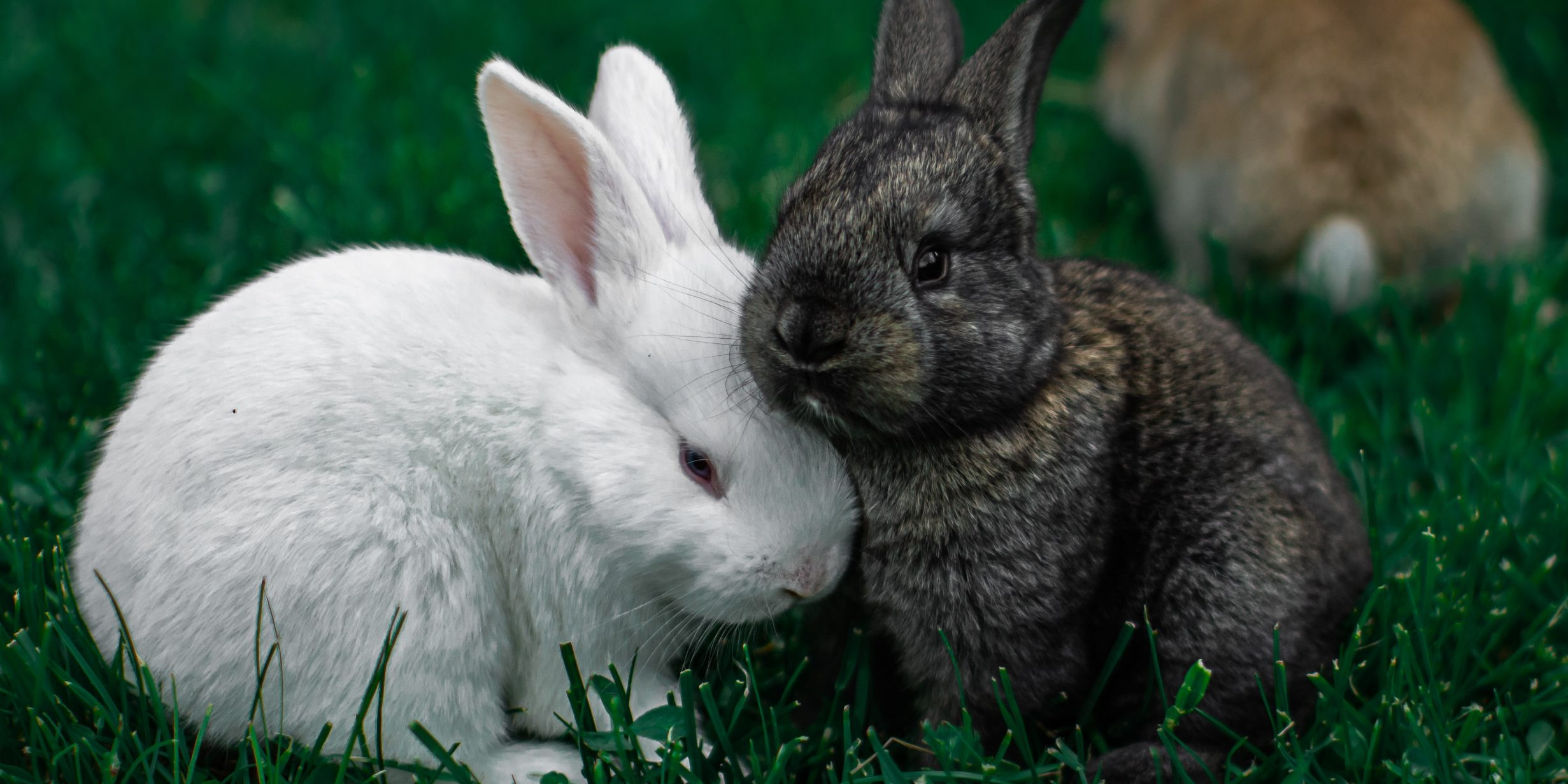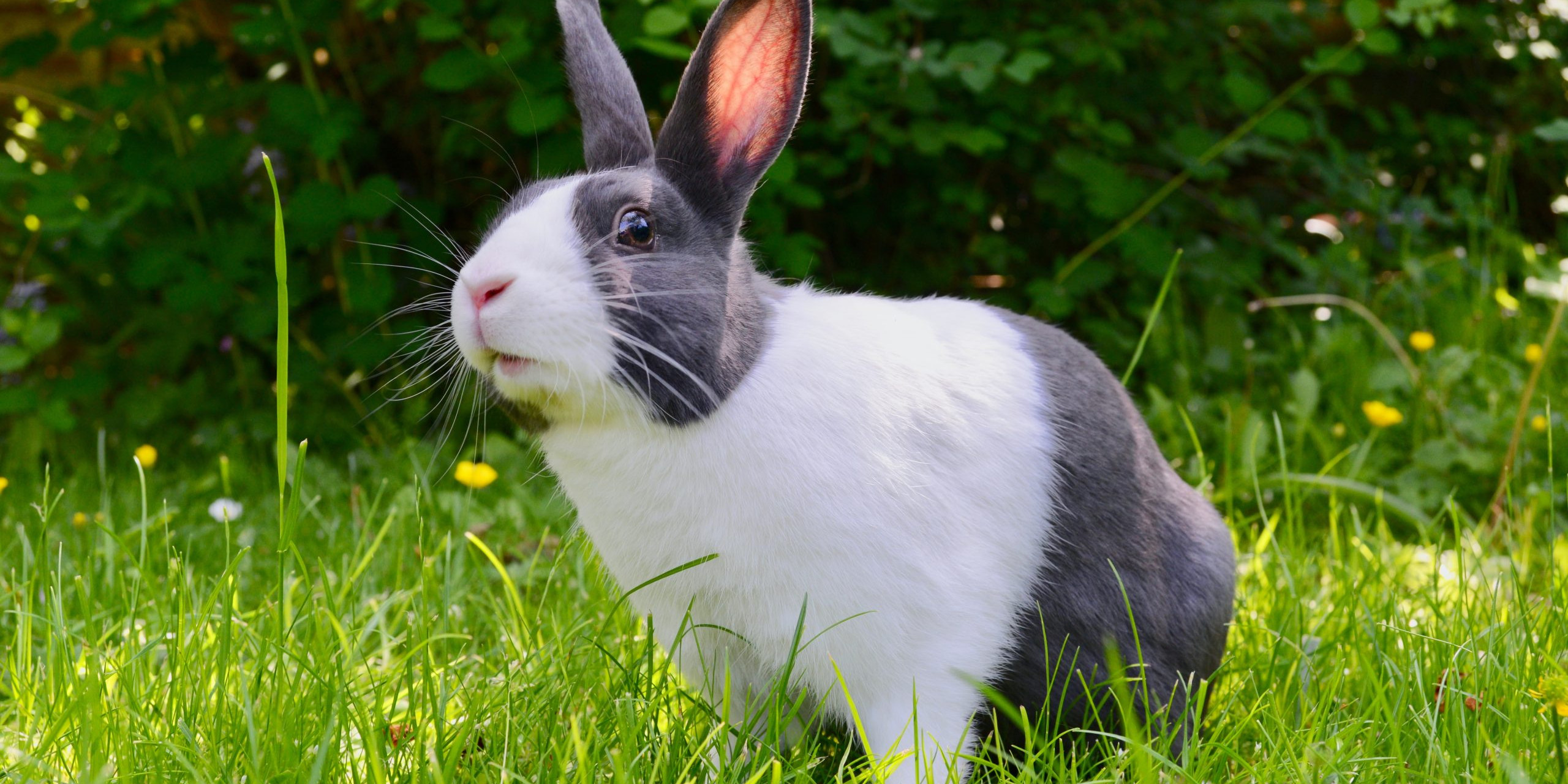Rabbits are more than just adorable pets; they’re a part of our family. As a millennial pet owner, you know that understanding your rabbit’s dietary needs is crucial for their well-being. One aspect that often gets overlooked is calcium management. Too much or too little can lead to serious health issues. So, let’s dive into the world of rabbit nutrition and discover how to keep your furry friend both happy and healthy.
Jump to:
Understanding the Role of Calcium in Rabbit Health
Why Calcium Matters
Calcium is not just for strong bones and teeth; it’s essential for your rabbit’s overall health. However, balance is crucial. Both deficiency and excess can lead to health problems. Signs to watch out for include changes in eating habits, lethargy, or urinary issues.
Register for our latest in-depth reviews and product round-ups from the experts
Enter your email address below to receive our twice monthly reviews emails.
By entering your details, you are agreeing to our terms and conditions and privacy policy. You can unsubscribe at any time.
How Rabbits Process Calcium
Unlike other mammals, rabbits absorb calcium based on their diet’s content. This unique metabolism means that the more calcium they consume, the more their bodies absorb, regardless of their actual needs.
Calcium Sources in a Rabbit’s Diet
Natural Calcium Sources
Hay, vegetables, and pellets are the main calcium sources in a rabbit’s diet. Each has varying calcium levels, so understanding these can help you manage your rabbit’s intake.
Balancing Calcium-Rich and Low-Calcium Foods
It’s all about balance. Incorporating a mix of high and low-calcium foods ensures your rabbit gets what it needs without going overboard.
Strategies for Calcium Management
Adjusting Calcium Levels
Monitor your rabbit’s diet and adjust as needed. This might mean increasing or decreasing certain foods based on their calcium content.
Choosing the Right Foods
Selecting the right balance of foods is crucial. For example, timothy hay is a better choice than alfalfa for adult rabbits due to its lower calcium content.
The Role of Water
Water plays a significant role in calcium management. Ensuring your rabbit has access to fresh water at all times helps prevent urinary issues related to calcium.
Common Mistakes in Calcium Management
Over-Reliance on Certain Foods
Relying too much on high-calcium foods like alfalfa hay or certain vegetables can lead to an imbalance.
Misunderstanding Calcium Needs
Every rabbit is different. Age, breed, and health status can all affect how much calcium they need.
Ignoring Individual Differences
Just like humans, every rabbit is unique. Pay attention to your rabbit’s specific needs and adjust their diet accordingly.
Now, let’s delve deeper into each of these areas to ensure your bunny hops into a healthy future!
Understanding the Role of Calcium in Rabbit Health
Why Calcium Matters
Calcium is a critical nutrient in a rabbit’s diet, necessary for strong bones and teeth. However, it’s a balancing act. Too much calcium can lead to urinary tract issues like bladder sludge, while too little can cause bone and dental problems.
How Rabbits Process Calcium
Rabbits have a unique way of processing calcium. Unlike other mammals, where calcium absorption is regulated, rabbits absorb calcium in proportion to its presence in their diet. This means that the more calcium they consume, the more their bodies absorb, whether they need it or not.
Calcium Sources in a Rabbit’s Diet
Natural Calcium Sources
The primary sources of calcium in a rabbit’s diet are hay, vegetables, and pellets. Each of these has different calcium levels, and understanding these can help in managing your rabbit’s calcium intake.
Balancing Calcium-Rich and Low-Calcium Foods
A balanced diet is key. Including a mix of calcium-rich and low-calcium foods ensures that your rabbit gets the necessary nutrients without an excess of calcium.
Strategies for Calcium Management
Adjusting Calcium Levels
It’s important to monitor your rabbit’s diet and adjust the calcium levels as needed. This might involve increasing or decreasing the amount of certain foods based on their calcium content.
Choosing the Right Foods
Selecting the right balance of foods is crucial for managing calcium intake. For example, timothy hay is generally a better choice than alfalfa for adult rabbits due to its lower calcium content.
The Role of Water
Water plays a significant role in managing calcium levels. Ensuring your rabbit has constant access to fresh water can help prevent urinary issues related to excess calcium.
Common Mistakes in Calcium Management
Over-Reliance on Certain Foods
One common mistake is relying too much on high-calcium foods like alfalfa hay or certain vegetables, which can lead to an imbalance in calcium levels.
Misunderstanding Calcium Needs
Each rabbit is different, and factors like age, breed, and overall health can affect their calcium needs. It’s important to understand these individual differences and adjust their diet accordingly.
Ignoring Individual Differences
Just like humans, every rabbit is unique. Paying attention to your rabbit’s specific needs and adjusting their diet accordingly is crucial for their overall health.
Low Calcium Diet for Rabbits
Designing a Low-Calcium Diet
When it comes to reducing calcium, it’s not about eliminating it completely but controlling its intake. Fresh grass, for instance, is a great alternative to hay due to its higher water content and lower calcium concentration.
Table: Calcium Content in Common Rabbit Foods
| Food Type | Calcium Content (%) |
| Timothy Hay | 0.4 – 0.6 |
| Alfalfa Hay | 1.2 – 1.5 |
| Fresh Grass | 0.3 – 0.5 |
| Pellets | 0.5 – 1.0 |
| Vegetables (e.g., Carrots) | 0.3 – 0.4 |
Monitoring and Adjusting the Diet
It’s crucial to keep an eye on your rabbit’s diet and make adjustments as needed. Remember, a rabbit’s calcium needs can vary based on factors like age, breed, and health status.
Common Mistakes in Calcium Management
Over-Reliance on Pellets
Pellets, while convenient, can be high in calcium. Reducing pellet intake and replacing it with fresh grass or hay can significantly lower calcium consumption.
Ignoring Rabbit’s Individual Differences
Each rabbit is unique, and their diet should reflect that. Pay attention to how your rabbit responds to dietary changes and adjust accordingly.
FAQs on Managing Calcium in Rabbit Diet
An adult rabbit typically needs about 200mg of calcium per 1kg of body weight daily. However, this can vary based on individual health conditions.
Yes, excess calcium can lead to urinary tract issues like bladder sludge or kidney stones.
Foods like timothy hay, fresh grass, and a variety of vegetables are great low-calcium options.
Jacquline Jackson
Meet Jacqueline, the insightful author and rabbit care expert at Hare Haha. With a deep passion for all things related to rabbit wellness, Jacqueline brings a wealth of knowledge to the Hare Haha community.
Related Posts
Diet for Pregnant Rabbits: Nurturing for a Healthy Litter
Pregnant rabbits, like any expecting mothers, need extra love, care, and yes,…
Rabbit Diet by Age: A Guide to Feeding Your Furry Friend
Rabbits are not just adorable pets; they’re complex creatures with…
Safe Fruits for Rabbits: A Guide to Bunny Diet
Hey there, fellow rabbit enthusiasts! If you’re like me, ensuring your…




